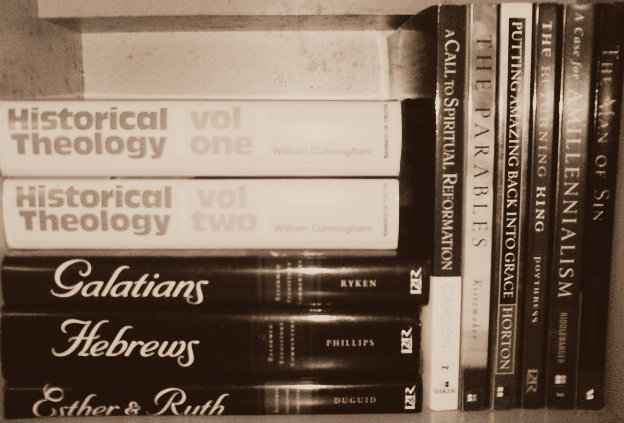I think back to my most powerful prayer experience. Utilizing a formula set out by Ignatius (SpEx 47-48), I call on it often to “set the mood” when I begin imaginative prayer: I sit on the floor with Jesus in one of my favorite chapels. The lush green carpet makes us comfortable as we lie on the floor and talk about life. He asks me how things have been going, how our relationship has been lately, and how I have loved recently.
Traditionally, this method has been incredibly useful. Simply put, it helps me move from my head into my heart. In Spanish, there are two ways of knowing: Saber is to know things with the mind – knowledge. Sentir is to know by feeling. It is in knowing God through our hearts the sentir sort of way that we can be transformed. It’s what Ignatius is after in the meditations on scripture throughout the Spiritual Exercises. Using imaginative prayer is so powerful because it allows God to enter into our experience and know God by feeling God. Sentir is where prayer touches our hearts and we may be transformed by God’s radical love.
Yet, now a few months into working towards a master’s degree in divinity, I find that my ways of feeling God are being challenged. All the things I am supposed to “know” are getting in the way. As I sit in class on the Gospel of Mark we ask questions like, “Who exactly is with Jesus during this story?” or “How is Mark here portraying the identity of Jesus?” While all of these questions are absolutely worthwhile and will eventually enhance my relationship with the risen Lord, they’re also preventing me from experiencing him in the present. I’m too worried about picturing the “right” scene.
 Of course, accuracy is important and should not be devalued. However, we cannot let it get in the way of our relationship with God. We are called to be there with Christ in prayer and listen, but all of the formal educational material sometimes gets in the way. Instead of concluding prayer with questions regarding emotions, feelings, and affective movement, we wonder about whether we were right to imagine Peter standing beside Jesus in that particular way or whether Jesus was preaching from the top of a rock or the middle of the water. Generally these are great things to know, but sometimes they can obstruct real experience with the living Jesus.
Of course, accuracy is important and should not be devalued. However, we cannot let it get in the way of our relationship with God. We are called to be there with Christ in prayer and listen, but all of the formal educational material sometimes gets in the way. Instead of concluding prayer with questions regarding emotions, feelings, and affective movement, we wonder about whether we were right to imagine Peter standing beside Jesus in that particular way or whether Jesus was preaching from the top of a rock or the middle of the water. Generally these are great things to know, but sometimes they can obstruct real experience with the living Jesus.
Many of us know what this is like. How often as ministers, teachers, and people of faith do we get stuck on the details? How does the saber prevent sentir? Whether they may be in the scriptures, liturgy, or the specific language of theology, how do we let the mundane come between us and God? How do we get distracted from the transformative experience that God has to offer us?
Spiritual experience and scholastic learning are meant to be held together and influence each other constantly within ourselves, but this should always lead us closer to God. As people yearning for God’s word in our hearts, this is a tension we will forever have to hold. Though the tension is not always easy, God is always present.
Usually it means patience and trust, both in ourselves and in God:
Patience to find a new way of praying; trust to keep coming back to God in troubled times.
Patience to accept a spiritual desert; trust to know that it will fade eventually.
Patience to deal with new challenges; trust to know that it will get easier.
Patience to await God’s call in our hearts; trust to know that it will come.
As Teilhard de Chardin, S.J. put it, we must be patient in “the slow work of God.” We will not be left waiting forever. Sentir will come.










This is a wonderful post. Thanks for giving me something to sentir……
Truly on point for me. I am a born “struggler” and I think the trying gets in the way of the just being and letting my relationship with Jesus roll out in a natural way. Thank you for giving me a different set of tools!
I had come to think transformation mostly came during a difficult point in one’s life and “poof” through prayer they were transformed. I’m relived to know there is a way for me to take responsibility for fostering my own transformation on a daily basis without having to live through a crisis first. Thank you!
Finally had a chance to read this and really enjoyed it. Thanks, Alexander, for this insightful and relatable post.